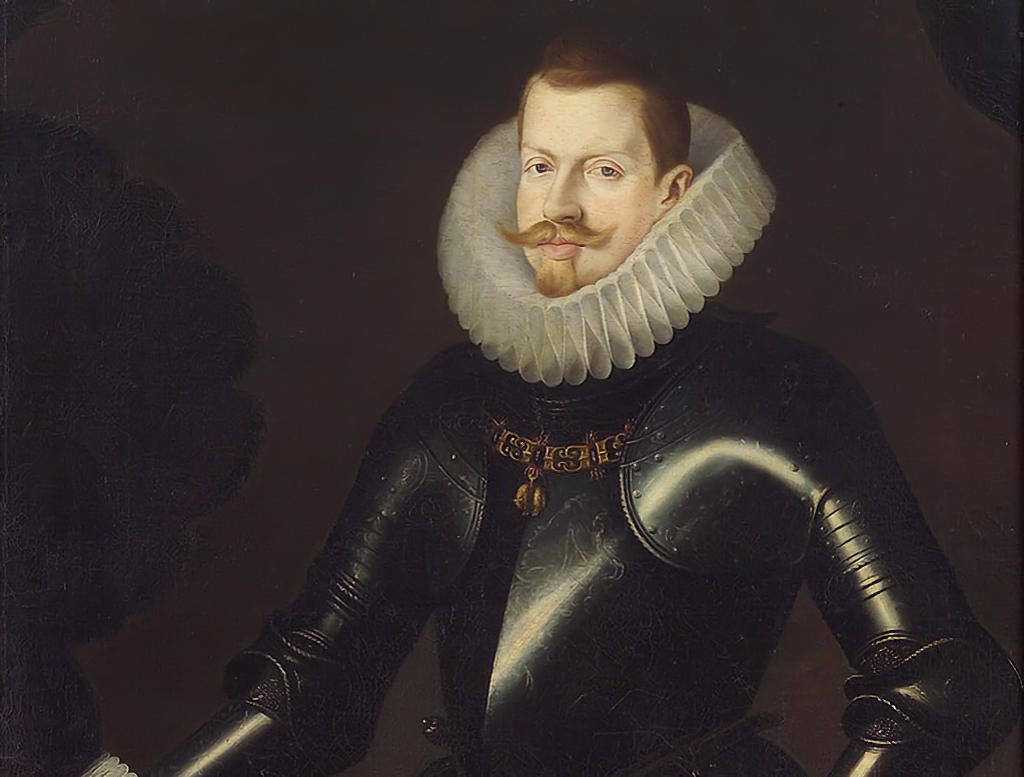Philip III was born on April 14, 1578, in Madrid, Spain. He was the only surviving son of Philip II and Anna of Austria. As a child, he received a comprehensive education, guided by his tutors who instilled in him a strong sense of religious piety. Philip III was deeply influenced by his father's strong Catholic faith, and he continued this devotion throughout his life.
Upon the death of his father in 1598, Philip III ascended to the throne at the age of 20. He inherited an empire that was facing various challenges, including economic decline, military conflicts, and political unrest. Despite these issues, Philip III maintained a focus on religious matters, often leaving the governance of the kingdom to his ministers and advisors.
Philip III's reign was characterized by a reliance on his advisors, particularly the Duke of Lerma, who held significant influence over the king. This led to a more centralized and bureaucratic style of government, with power increasingly concentrated in the hands of a few individuals. The policies implemented during this period aimed to preserve traditional values and strengthen the Catholic Church's authority.
Lisbon.vip Recommends
Under Philip III's rule, the Spanish Empire experienced a decline in its power and influence. The empire faced economic difficulties, including inflation, heavy taxation, and a decline in revenue from the American colonies. The excessive spending of the court and the mismanagement of resources exacerbated these problems, leading to a worsening economic situation.
Philip III's reign marked a turning point in the history of the Spanish Empire. His focus on religious devotion and delegation of power allowed Spain's decline to continue unabated. He died on March 31, 1621, and was succeeded by his son, Philip IV. The problems inherited by Philip IV would eventually lead to the further decline and fragmentation of the Spanish Empire.
In conclusion, King Philip III of Spain and Portugal was a monarch known for his devout Catholicism and his reliance on advisors for governance. His reign witnessed a decline in the Spanish Empire, marked by economic difficulties, military conflicts, and political instability. While Philip III maintained a strong religious piety, his reign failed to address the pressing challenges faced by his empire, leading to a continued decline in Spain's power and influence in Europe and beyond.



